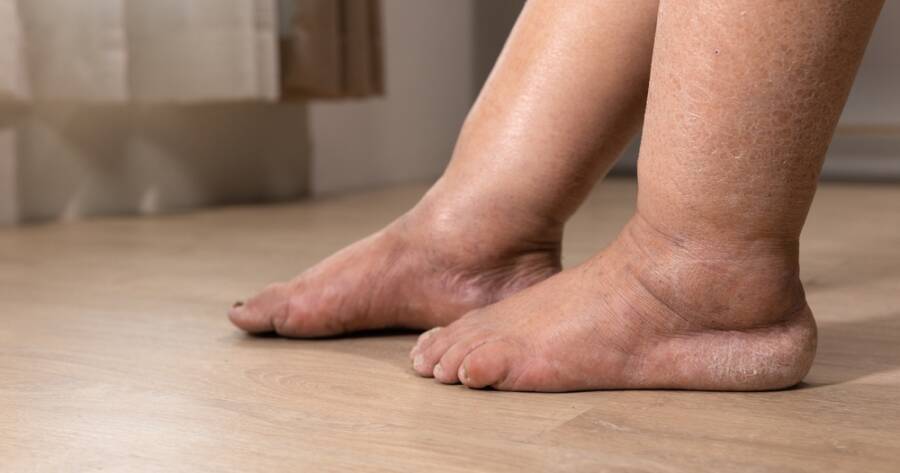Ever notice unexpected swelling after starting a new prescription? It’s more common than you might think. Some everyday medications can lead to puffiness or even uncomfortable swelling in certain parts of the body. Don’t panic—most of the time, it’s manageable once you know what’s causing it. Discover the common culprits behind medication-related swelling and what you can do about it.
What Is Angioedema?
Angioedema is a type of swelling that occurs deep in the skin or the mucous membranes, often around the face, lips, tongue, throat, or extremities. If left untreated, angioedema could become life-threatening, particularly if it interferes with your ability to breathe.
Certain medications, such as angiotensin-converting enzyme (ACE) inhibitors, are well-documented triggers of angioedema. ACE inhibitors are often prescribed for high blood pressure and heart conditions, but they can lead to this rare side effect. If you take these medications and experience sudden swelling, especially in your throat or tongue, you should seek medical attention immediately.
Could Your Medication Be to Blame?
While not everyone experiences swelling from medications, you might be at higher risk if:
- You’re taking specific drug classes:
- Anti-inflammatory medications (NSAIDs) like ibuprofen and naproxen can cause fluid retention.
- Corticosteroids, often used for inflammatory conditions, may also lead to puffiness or weight gain due to water retention.
- Hormonal treatments, including birth control pills or hormone replacement therapy, might lead to swelling, particularly in the legs.
- You have an underlying condition:
- If you have kidney, liver, or heart problems, your body may already struggle to regulate fluid levels, and certain medications can exacerbate this.
- You’re taking multiple medications:
- Drug interactions could amplify side effects, including swelling.
Signs to Watch For
Swelling due to medications can vary in severity. While mild swelling may appear as puffiness in the hands, feet, or face, more severe symptoms could indicate angioedema or other medical emergencies. Here’s what to look out for:
- Persistent swelling in the extremities, even when elevating your legs or reducing salt intake.
- Puffiness around the eyes or cheeks that seems unusual.
- Difficulty breathing or swallowing, which might signal angioedema.
- Hives or other skin reactions accompanying the swelling.
What Should You Do?
If you suspect your medication is causing swelling, consider the following steps:
- Monitor your symptoms: Keep a diary of when the swelling occurs and note whether it coincides with starting or increasing a particular medication.
- Contact your healthcare provider: Never stop taking a medication without consulting your doctor. They might adjust your dosage, switch you to an alternative, or recommend additional treatments to manage the swelling.
- Be prepared for emergencies: If you experience swelling that affects your breathing, lips, or tongue, seek immediate medical care. Angioedema can escalate quickly and may require emergency treatment.
Can You Prevent Medication-Related Swelling?
While some side effects may be unavoidable, you could reduce your risk by:
- Staying hydrated, as dehydration can worsen fluid retention.
- Watching your salt intake, particularly if you’re prone to swelling.
- Asking your doctor about potential side effects before starting a new medication.
If swelling from your medication seems unusual or severe, it’s better to err on the side of caution. Knowing the signs of angioedema and other medication-induced swelling can empower you to take swift action to protect your health.
